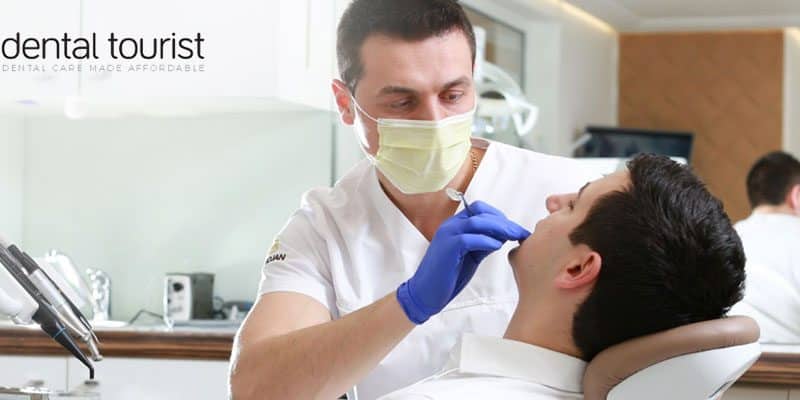The Bad Side Of Dental Tourism
The high cost of dental care has forced many people to seek dental treatment elsewhere. This explains the growing popularity of dental tourism that is sweeping many parts of the world today.
In a nutshell, dental tourism involves traveling to another country for affordable dental care, treatment, and surgery. This is a common practice among many Americas, Canadians, and Europeans who are looking for ways to save money on high-priced dental treatments that are normally expensive in their respective countries.
“While the exact statistics on dental tourism aren’t available, it is estimated that over one million people from around the world travel to get dental treatment such as cosmetic dentistry, dental implants, crowns, and root canals abroad. There are several countries such as India, Thailand, Costa Rica, Hungary, Panama, South Africa, and Mexico that are marketing low-cost, high-quality dental services to medical tourists,” revealed Placid Way, a health and wellness tourism company.
The popularity of dental tourism in the United States alone is because over 108 million Americans and 25 million American kids lack dental insurance. These people will have to pay through the nose for even the simplest of procedures. Unfortunately, even those who are covered will find that dental insurance will not pay for expensive dental implants or dental cosmetic procedures that are sometimes needed.
The same is true in Britain where an estimated 35,000 Britons travel abroad each year to find the dental treatment they can afford. Frustrated by the shortage of dentists offering reasonable dental care, consumers see dental tourism as the answer to their prayers. The thought of getting a new smile without spending much and traveling to an exotic country is hard to resist. Bargain deals, a dentist who will work with your schedule, and exciting travel opportunities can make dental tourism a tempting offer indeed.
“Many Britons are traveling for purely cosmetic reasons – the nation previously indifferent to its snaggle-tooth reputation has suddenly become obsessed with the perfect smile. Indeed, a recent survey by the British Dental Health Foundation (BDHF) found a staggering one in two adults approaching middle age would consider having cosmetic dental surgery,” reported Alison Smith-Squire in the Daily Mail.
But behind this silver lining is a dark cloud. As the popularity of dental tourism increases, the BDHF said it has received a significant number of calls to its helpline from people who have had bad experiences abroad.
Take the case of Lisa Hewer, a 38-year-old mother of five who traveled to Hungary to have her teeth fixed. Hewer, who lost her two front teeth in an accident 20 years ago, was always conscious about her smile and didn’t feel confident with dentures. She was so embarrassed about her teeth that it was four months after she met her husband Mark Beggs before she admitted she wore dentures.
“I used to wait until he was asleep before I removed them,” she admitted.
Beggs, 34, understood the agony that Hewer felt and surprised her one day by offering to pay for her bridge work as an early birthday present. Hewer was thrilled. Little did she know her nightmare was about to begin.
“She looked into having the work done by a British dentist, but quotes ranged from £18,000 to £48,000. She then read an article in a women’s magazine about dental treatment in Hungary and decided to investigate. It was a decision she now regrets,” Smith-Squire said.
What happened to Hewer after she traveled to Hungary? Could the same thing happen to you? Find out in the second part of this series.




